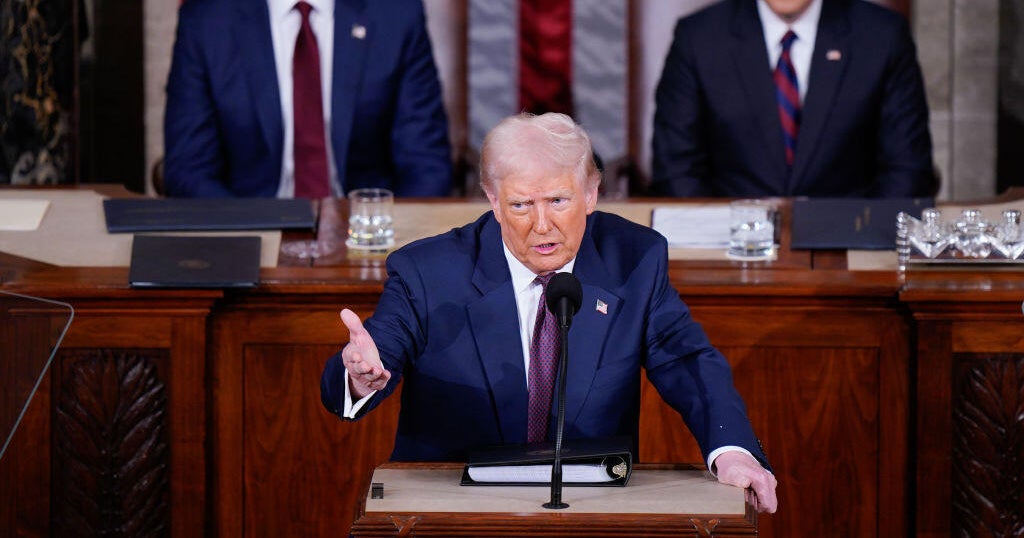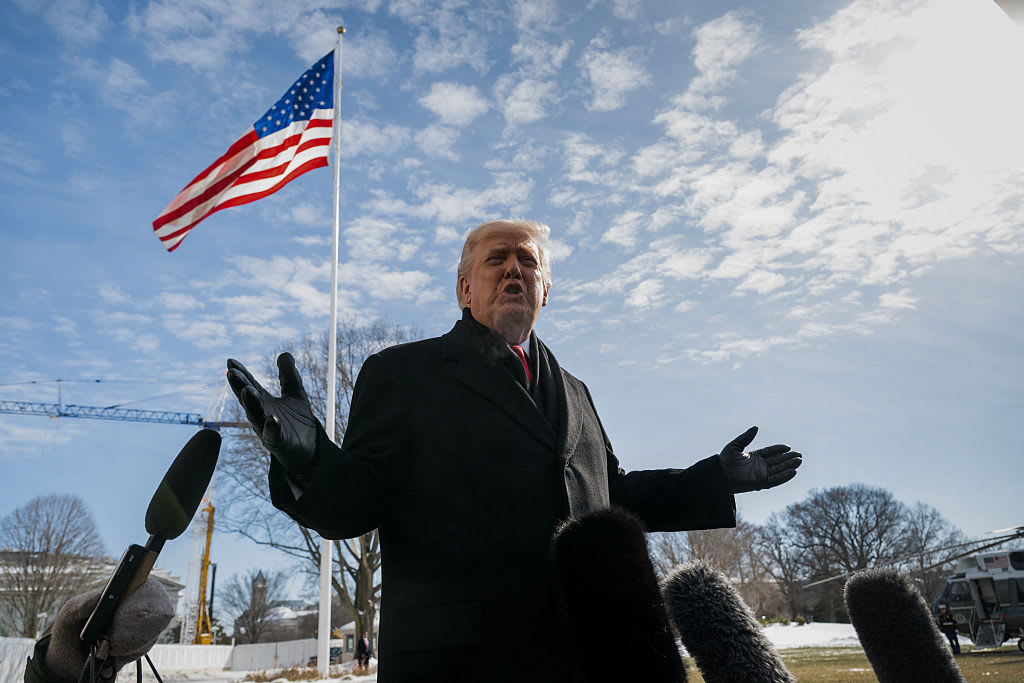House passes government funding bill but Senate delays
The House on Thursday passed a GOP-backed short-term spending bill that would fund the government through Feb. 16. The Senate debated the bill, but ultimately voted to adjourn until Friday at 11 a.m., leaving the Senate only one day before the government shuts down.
If lawmakers don't extend funding by Friday night, the government will shut down early Saturday. It would be the first government shutdown since 2013.
On the Senate floor, Senate Democratic Leader Chuck Schumer, D-New York, said Republicans and Democrats don't want a shutdown, blaming the situation on the president's shifting opinions and pitting Congress against the president.
"The only person who's ever rooted for a shutdown frankly is our president," Schumer said, referencing a presidential tweet from May 2017 in which Mr. Trump suggested the country "needs a good shutdown."
Following the 230-197 vote in the House, Speaker of the House Paul Ryan urged Senate Democratic Leader Chuck Schumer to not shut down the government. Mr. Trump has said Democrats would be to blame in a shutdown.
"The only people standing in the way of keeping the government open are Senate Democrats," Ryan said.
This marks the fourth short-term spending bill Congress has had on its plate since September. Democrats, however, remain largely opposed to the measure, known as a continuing resolution (CR), because they want it tied to a larger immigration deal over the Deferred Action for Childhood Arrivals (DACA) program and border security.
The CR includes a six-year reauthorization of the Children's Health Insurance Program (CHIP) and delays on three Obamacare taxes. Shortly before the vote, the House Freedom Caucus said a majority of its members had voted to approve the measure, making passage more certain.
Democrats would be to blame, Ryan said earlier Thursday, if the government winds up shutting down, blasting them for using the military as "bargaining chips."
The bill's fate in the Senate, where 60 votes are required to advance the legislation to a final vote, is much more uncertain. Republicans only have 51 members and Democrats now have 49, with the new addition of Sen. Doug Jones, D-Alabama.
Schumer said Thursday morning that the House CR would not be acceptable to Senate Democrats. Thursday night, Schumer suggested a much shorter CR — perhaps four or five days — to make time to reach a long-term spending agreement. McConnell rejected that idea.
The government last shut down in October 2013 for 16 days after Sen. Ted Cruz, R-Texas, led an unsuccessful effort to defund Obamacare. Republicans went on to retake control of the Senate in the 2014 midterm elections. It's unclear how a government shutdown would affect either party in this year's midterm elections in November.
CBS News' Steven Portnoy and Kathryn Watson contributed to this report.



